Witness: Bosnian Army fired at its own people
Lieutenant-Colonel Richard Mole, a former UN military observer, took the stand at the continuation of the trial of Radovan Karadžić before the Hague Tribunal.
Wednesday, 18.08.2010.
15:41

Lieutenant-Colonel Richard Mole, a former UN military observer, took the stand at the continuation of the trial of Radovan Karadzic before the Hague Tribunal. The witness said that the Bosnian Army had fired at its own citizens in order to win international sympathy. Witness: Bosnian Army fired at its own people During cross examination Mole stated that the observers had been “pretty convinced” of it but did not have any concrete evidence. The former Bosnian Serb leader asked him whether the Muslims were shooting their own citizens in order to achieve a status of victims and provoke international sympathy and foreign military interventions. The witness said the question was “good and controversial” and added that there “were elements that led the UNPROFOR observers to be pretty convinced that it was true,” but that they could not gather enough evidence. “We felt it was true and we felt uncomfortable. I cannot state any concrete example because, considering the environment we were in, we could not conduct an investigation,” Mole stated. He pointed out that the Muslim party had been “using Sarajevo in order to maintain the status of victims” and “abusing civilian facilities”, including hospitals, placing weapons in their proximity in order to provoke a response from the Serbian forces. The British observer confirmed that the Bosnian Army was opening fire froma close proximity to the UNPROFOR Headquarters and that he, as an observers’ commander, had several times asked the Muslim officers not to do it. In his main testimony yesterday, Mole stated that the Republic of Srpska (RS) Army had been randomly bombing Sarajevo in the fall of 1992. According to the UN observers’ assessments at the time, about 15 civilians died from shellfire and sniper fire in Sarajevo each day. The observers would describe as “peaceful” a day when 100 grenades fell on Sarajevo, considering that it happened that more than “600 projectiles” were fired on the city regularly, the witness said yesterday. The then president of the RS, Karadzic, is accused of “terrorizing” civilians in Sarajevo during artillery and sniper attacks, genocide against non-Serbs in Srebrenica and another eight Bosnian municipalities, ethnic cleansing across Bosnia-Herzegovina, and the holding of international hostages during the 1992-1995 war. In the continuation of the trial the prosecution has called its next witness Richard Higgs. Radovan Karadzic (FoNet archive)
Witness: Bosnian Army fired at its own people
During cross examination Mole stated that the observers had been “pretty convinced” of it but did not have any concrete evidence.The former Bosnian Serb leader asked him whether the Muslims were shooting their own citizens in order to achieve a status of victims and provoke international sympathy and foreign military interventions.
The witness said the question was “good and controversial” and added that there “were elements that led the UNPROFOR observers to be pretty convinced that it was true,” but that they could not gather enough evidence.
“We felt it was true and we felt uncomfortable. I cannot state any concrete example because, considering the environment we were in, we could not conduct an investigation,” Mole stated.
He pointed out that the Muslim party had been “using Sarajevo in order to maintain the status of victims” and “abusing civilian facilities”, including hospitals, placing weapons in their proximity in order to provoke a response from the Serbian forces.
The British observer confirmed that the Bosnian Army was opening fire froma close proximity to the UNPROFOR Headquarters and that he, as an observers’ commander, had several times asked the Muslim officers not to do it.
In his main testimony yesterday, Mole stated that the Republic of Srpska (RS) Army had been randomly bombing Sarajevo in the fall of 1992.
According to the UN observers’ assessments at the time, about 15 civilians died from shellfire and sniper fire in Sarajevo each day.
The observers would describe as “peaceful” a day when 100 grenades fell on Sarajevo, considering that it happened that more than “600 projectiles” were fired on the city regularly, the witness said yesterday.
The then president of the RS, Karadžić, is accused of “terrorizing” civilians in Sarajevo during artillery and sniper attacks, genocide against non-Serbs in Srebrenica and another eight Bosnian municipalities, ethnic cleansing across Bosnia-Herzegovina, and the holding of international hostages during the 1992-1995 war.
In the continuation of the trial the prosecution has called its next witness Richard Higgs.










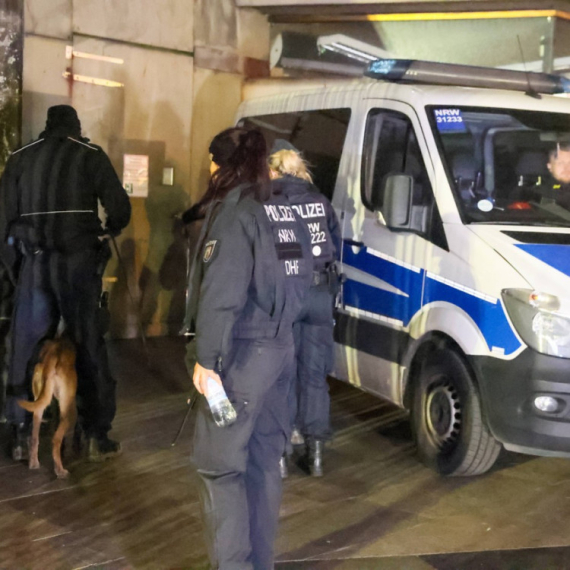


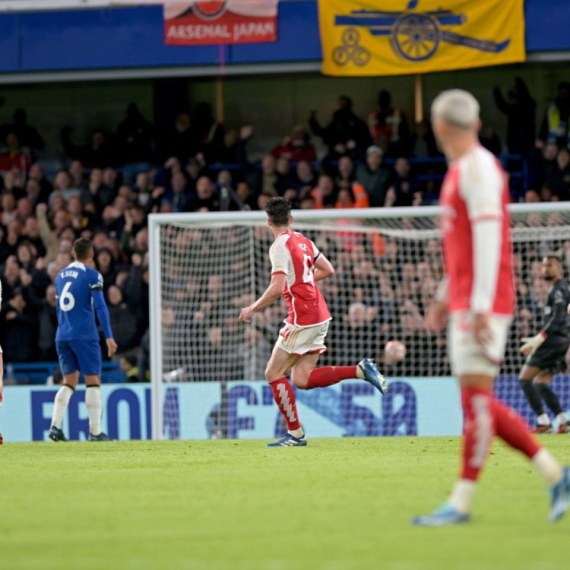
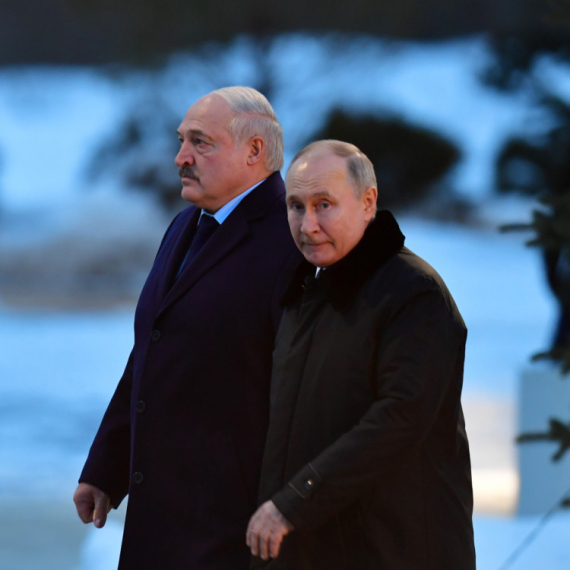
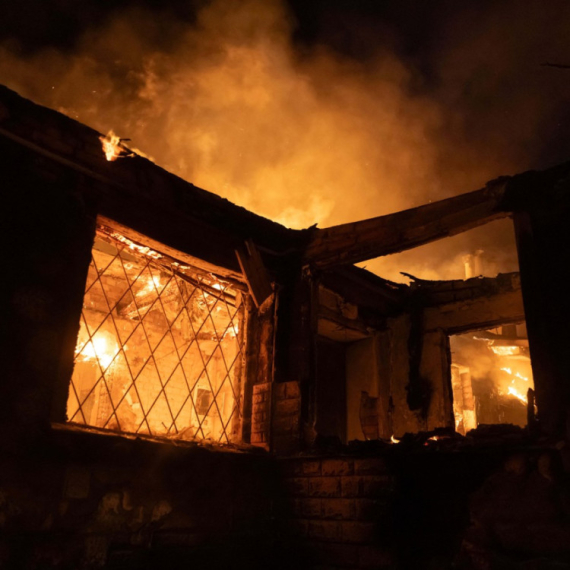
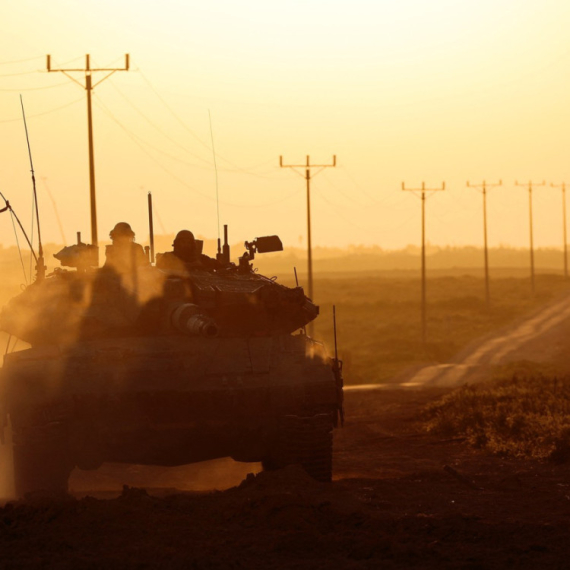
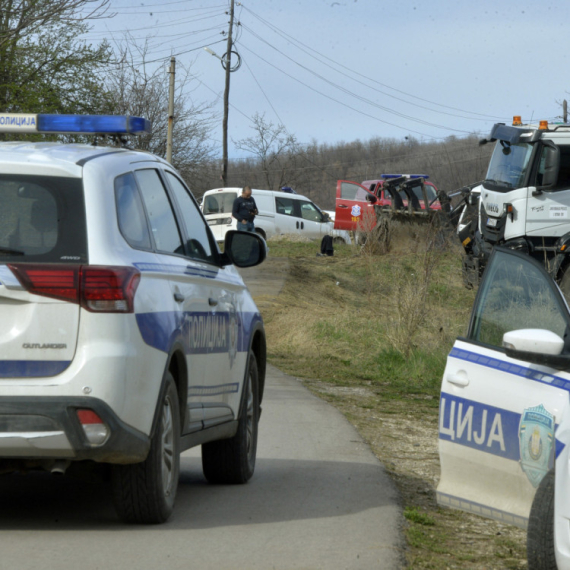
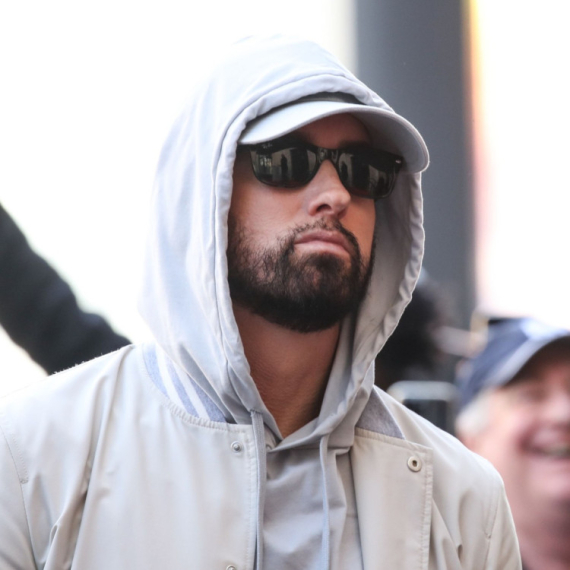
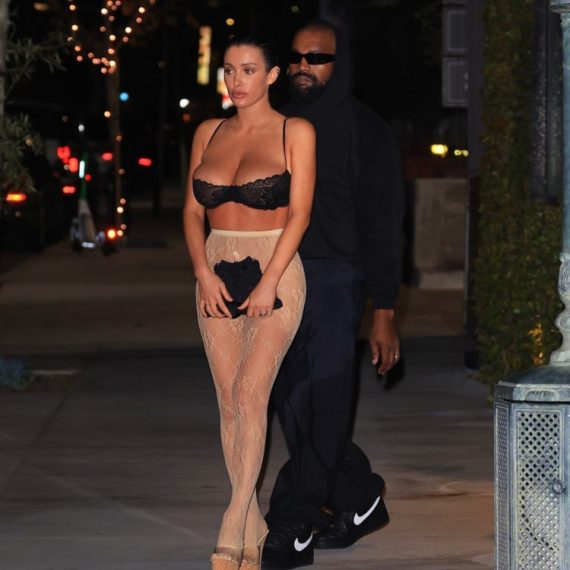

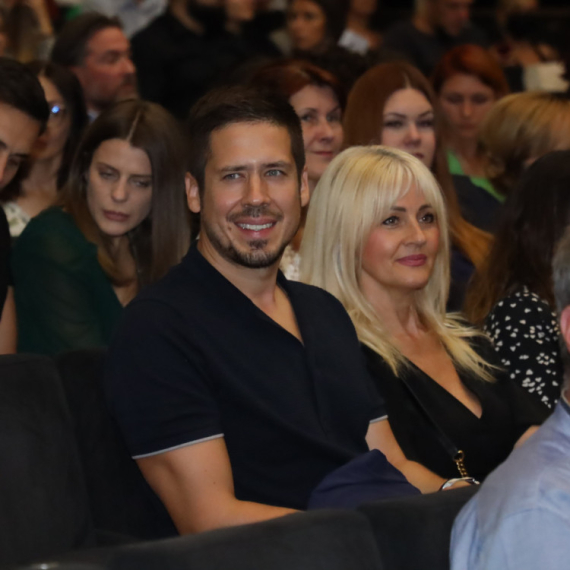





















Komentari 14
Pogledaj komentare